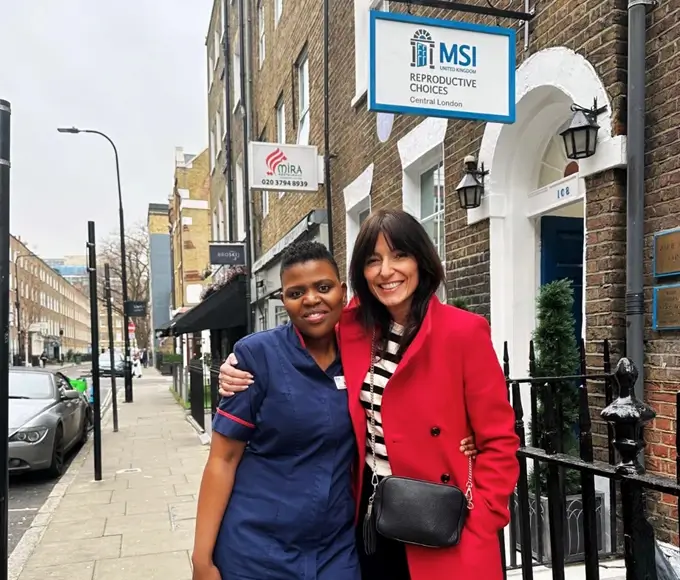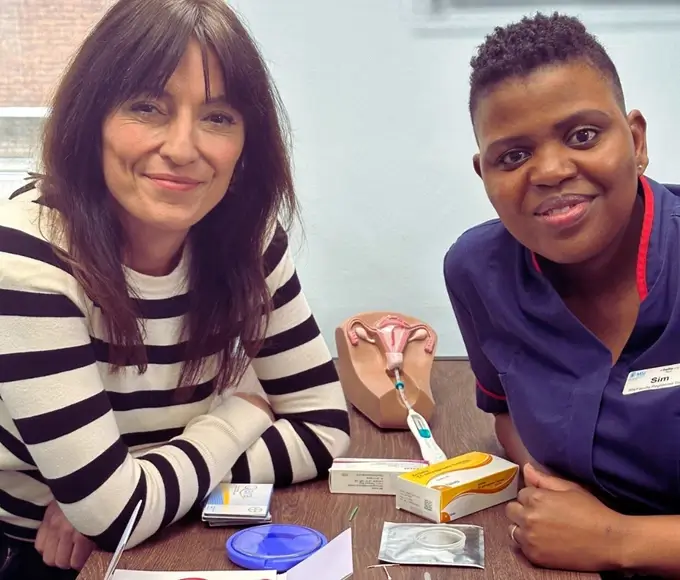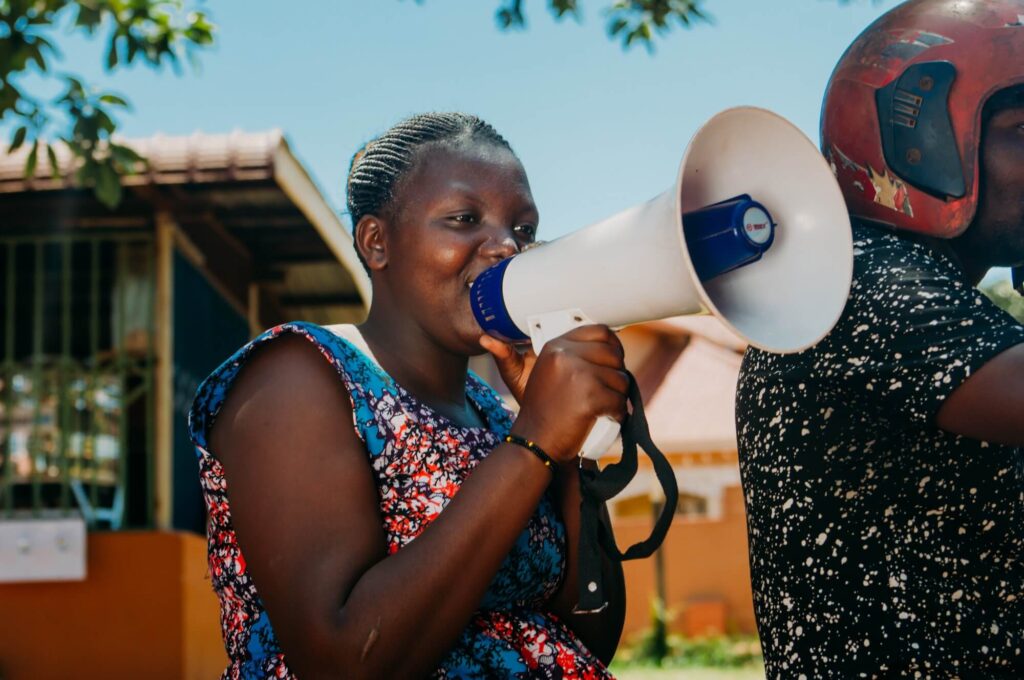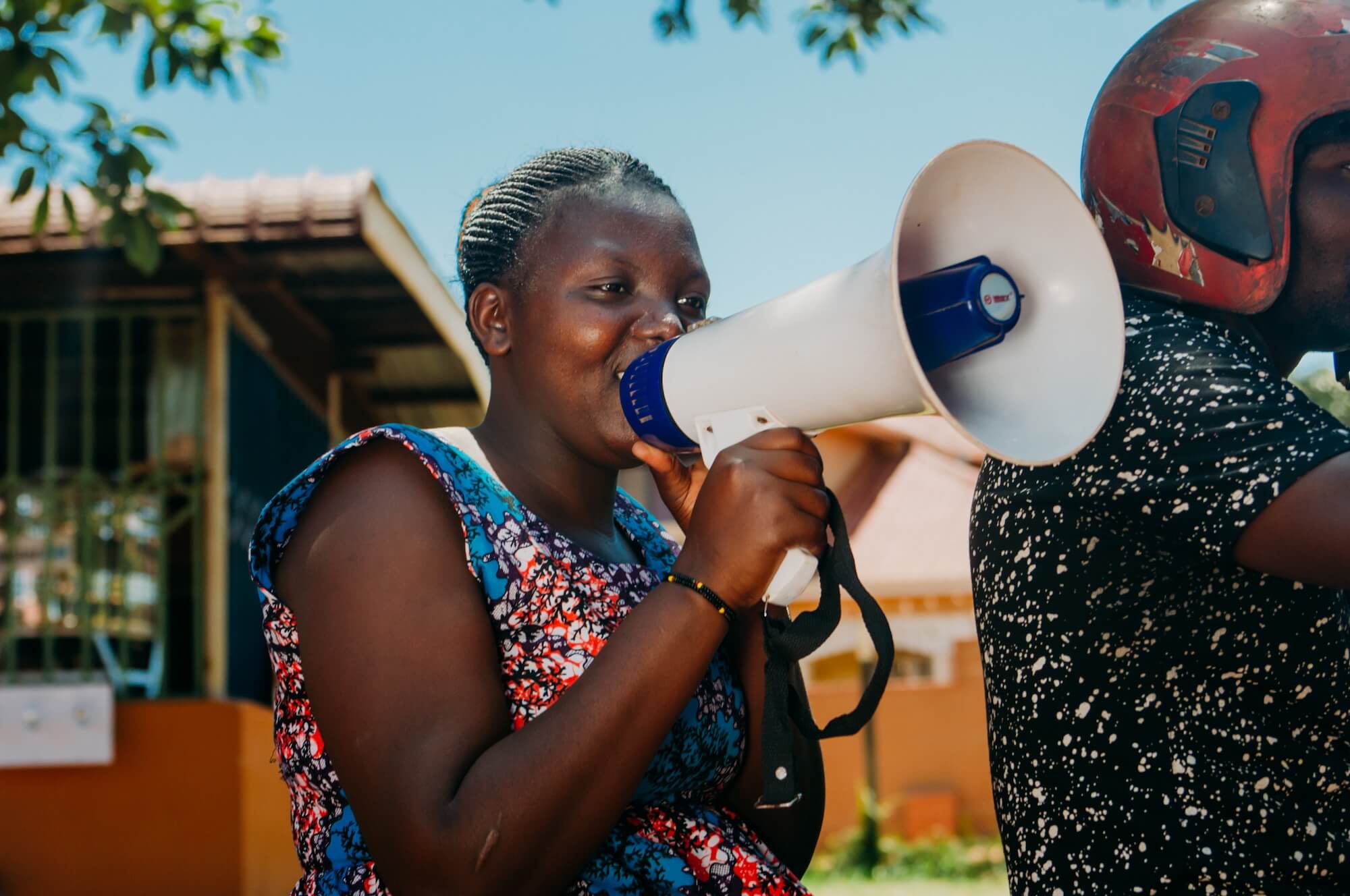
Contraception: the unfinished revolution
Contraception can be life-changing, but for millions around the world it’s still impossible to access
It was the 1960s when the contraceptive revolution began. Suddenly, women had control to delay, space, and avoid pregnancies. It transformed lives, and is one of the cheapest and most effective life-saving, poverty-ending, empowering innovations we have to this day.
But while we’ve seen remarkable progress in many aspects of society, too many people still don’t have access to the contraceptive choices that would enable them to take control of their lives.
As a global reproductive healthcare organisation, we believe everyone deserves to choose the contraception method that is right for them, and know where to access it. It’s time to prioritise contraception and finish what we started.
If you’re with us, help us get there:
- Scroll down to learn about the full range of contraceptive options below and share with your friends
- Sign up to remain up-to-date on our campaign to finish the contraceptive revolution
- Donate to fund contraceptive access globally
Contraception is personal — learn what’s right for you
Contraception is personal. It’s not one-size-fits-all. But as Davina McCall highlights in her documentary, Davina McCall’s Pill Revolution, many women in the UK still don’t know their contraceptive options beyond the pill.
The pill has enabled millions around the world to avoid pregnancy and make choices about their bodies and their futures—but it’s not for everyone.
As the documentary shares, contraception can have side effects, and it’s important that everyone is fully aware of the benefits and side effects—as well as the many contraceptive methods on offer!
In the UK, there are over 15 methods of contraception available—these include long-acting reversible contraceptives like the implant and contraceptive coils (IUD and IUS e.g., the Mirena coil), short-acting methods like the pill and the patch, and barrier methods that also protect from STIs, including condoms.
To find out more about the range of contraceptive methods available and get advice on which method might be right for you, check out our online contraceptive counsellor ‘Choice’.
And learn how MSI prioritises giving our clients choice in our blog post.


Global access to contraception
The issues raised in Davina McCall’s Pill Revolution are not limited to the UK. Around the world, 257 million women want to be using contraception but have no access.
The global inequality is stark. In Norway, 88% of women of reproductive age are using contraception, while in South Sudan, only 1.9% of women are.
We believe that access to contraception should not depend on where you live. Everyone deserves the right to make choices about their body and their future.
In the UK and around the world, we need to make sure that contraception is adequately funded and unnecessary barriers to access are removed.
Simphiwe Sesane, Contraceptive and Sexual Health Nurse at MSI Reproductive Choices, who featured in Davina’s documentary said:
“Finding the right contraception is life changing, yet too many still struggle to get the information and support they need about the full range of methods. All too often I speak to people who have become pregnant while on contraception waiting lists or because they felt they had no option but to come off their method due to side-effects. It’s frustrating when there are many alternatives that might be better suited to them.
The same issues affect women around the world. It’s time to complete the contraception revolution and make reproductive choice a reality for all.”

FAQs on contraception
At MSI, we support over 80,000 people every day around the world with their reproductive healthcare. In England, we provide standalone contraception services in some areas. And across six continents, we provide counselling on the contraceptive options available, and often get these questions:
Different contraceptive methods can impact your period in different ways. The non-hormonal coil (IUD) may exacerbate heavy or painful periods, while the hormonal coil (IUS, such as the Mirena coil) might reduce your period. In a contraceptive appointment, your provider might ask if your periods are manageable or if they’re they painful or heavy, to advise you on whether there are methods they would recommend trying or avoiding. Find out more on MSI UK’s blog on how to prepare for an appointment.
Using contraception does not affect your future fertility. Once you stop using contraception, your fertility should quickly return to normal levels. The exception to this rule is the Depo injection, which can delay fertility for up to a year after you stop using it. Find out more facts about contraception.
People have a range of experiences when having an IUD or IUS (e.g., the Mirena coil) inserted, but some find the procedure painful or uncomfortable. There are a range of ways to reduce or manage pain from a coil fitting, including with local anaesthetic, so check with your provider if they offer anaesthetic before your appointment.
There are two types of contraceptive pill: the combined pill and the progestogen only pill, known as the mini pill. The combined pill contains two hormones, progestogen and oestrogen, which needs to be taken daily. The mini pill contains only progestogen and needs to be taken at the same time every day. Watch our short videos explaining the combined pill and the mini pill.
If your long-acting contraception will soon run out, or you don’t like the method you’ve chosen, it is your right to have it removed. Please get in touch with a provider who will arrange for your method to be removed or explore alternatives if they can’t remove it themselves. During your appointment to fit the method, it’s always good to ask what the process is when you need to have it removed.

Join the contraceptive revolution
Together, we can expand access to contraception for everyone who needs it. Get the latest updates on reproductive choice and learn how we can expand choice worldwide.
Donate to support access to contraception worldwide
In the UK, contraception is provided through the NHS, but that’s not the case everywhere. In many countries, people can’t reach a healthcare facility, or they need to travel long distances and pay for care.
As a global reproductive healthcare charity, we support over 80,000 people with their reproductive choices every day, offering a range of contraceptive options.
We’re committed to reaching those left behind, so in Latin America, Africa and Asia, our local teams drive, fly, sail and trek to take our services to whoever needs us. Our committed supporters help us reach across the globe to support people with life-changing reproductive healthcare—so they can make choices about their bodies and their futures.
You can join our movement for choice by donating today.

Want to join the movement for reproductive rights?
Sign up to receive the latest news, views, frontline stories, and campaigns on reproductive health and rights, straight to your inbox.






